While EU leaders talk about merit-based accession for Western Balkan countries, Ukraine could be admitted through an accelerated process. However, this poses serious risks for all parties involved.
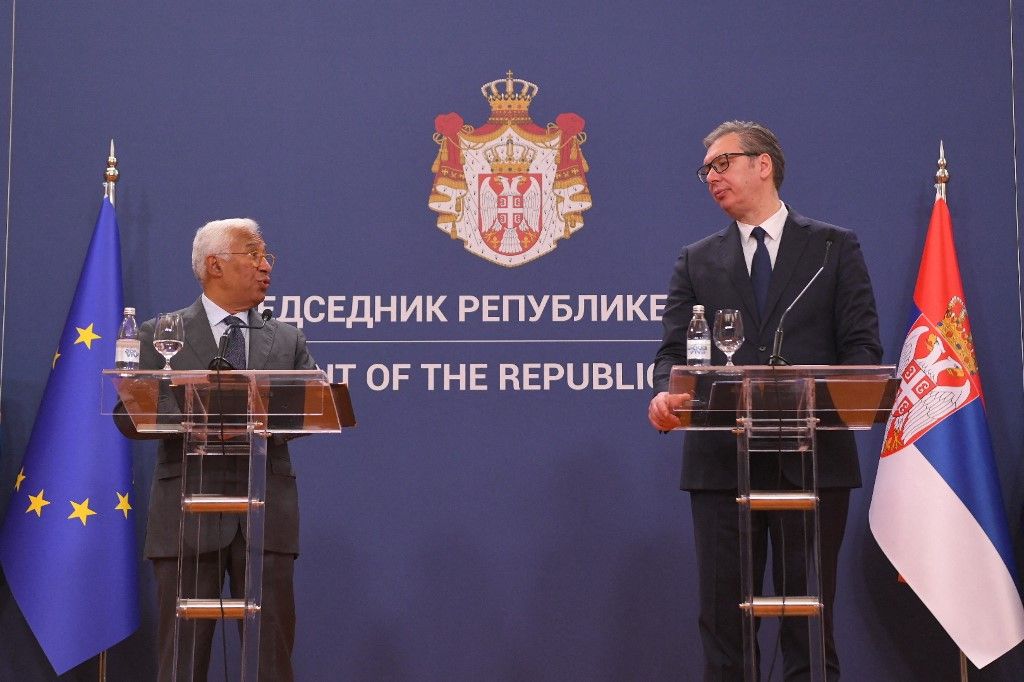
(Photo: Anadolu via AFP)
If accession is not merit-based, many countries that have long worked toward EU membership will feel the EU is not about rules. If they—and even member states—perceive the EU as prioritizing sympathies and ideologies over rules, this would undermine the EU itself,
cautioned Attila Demko, program director of the John Lukacs Institute at the Ludovika University of Public Service.
If the EU repeatedly overrides its own rules, the end result will be the weakening of the European Union, as everyone will assume 'there are no real rules here',
he added.
"What will the countries think that have faithfully followed the path laid out by Brussels yet haven't achieved membership?" the expert raised the question.
Look at Albania! It’s not just a matter of timelines. Albania is the best example of a country that has aligned one hundred percent with Western policies in every respect over the past decades—yet it’s still not in the EU,
he noted, adding that North Macedonia could also be mentioned as a similar case.
There are already many complaints that the Balkans are not a priority for the EU, and these grievances would only grow significantly,
he emphasized.
A fast-tracked EU accession is fundamentally dangerous also for Ukraine, Attila Demko pointed out.
If Ukraine joins without reaching an adequate level of development, the country will be emptied out,
he warned. Millions of people will not return to the country, and even more will leave, as EU membership would make emigration easier. On top of that, large Ukrainian communities already exist in most European countries.
The expert recalled Romania's example: five million people left the country after accession. In Ukraine's case, this number could be several times higher, reaching such a scale that Ukraine's population could drop to around twenty million or even lower.
So this isn’t just about European taxpayers’ money, but about Ukraine paying a terrible price if it's not adequately prepared,
he pointed out.
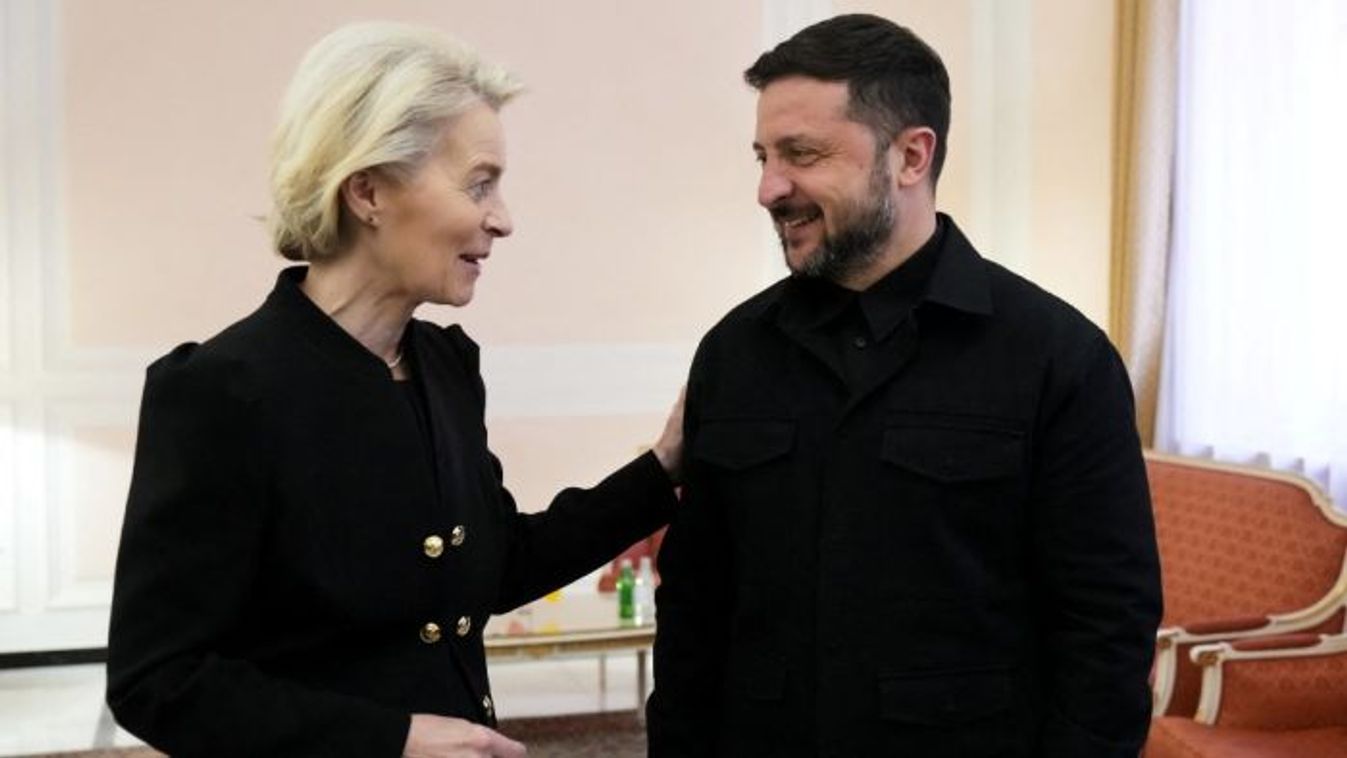

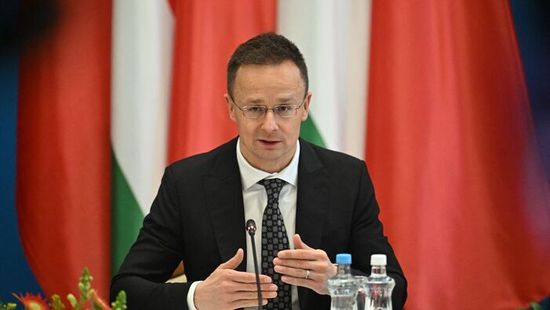
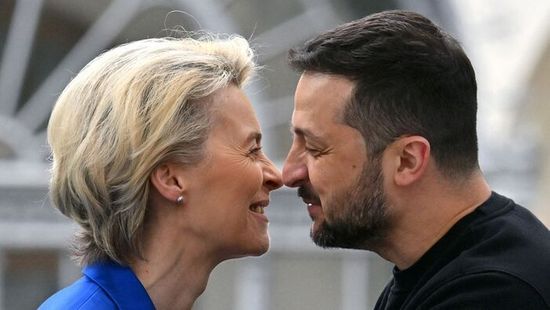
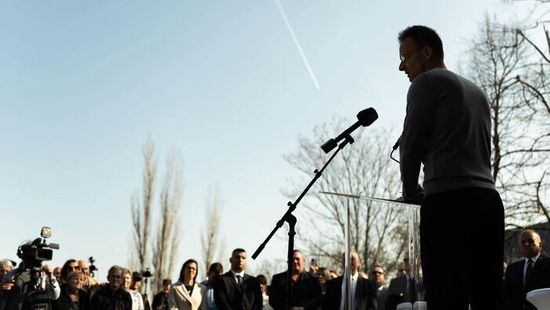




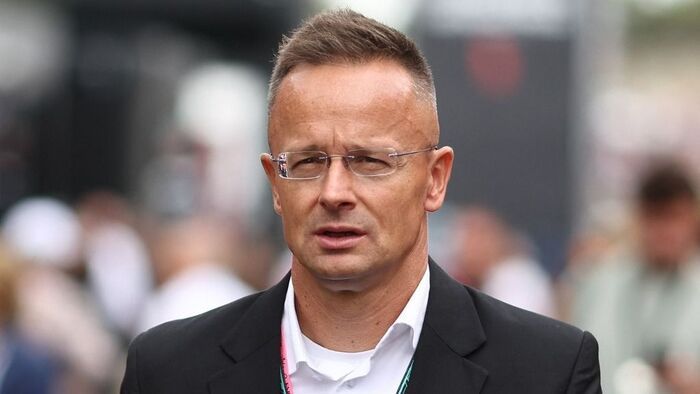

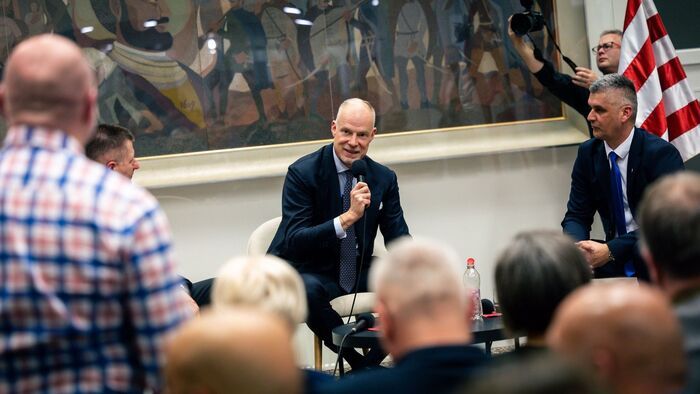

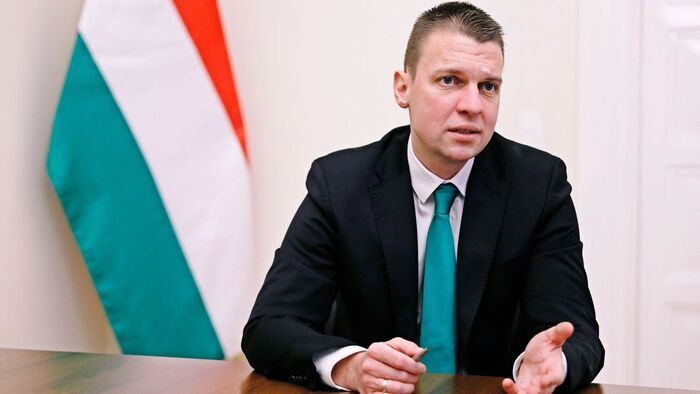

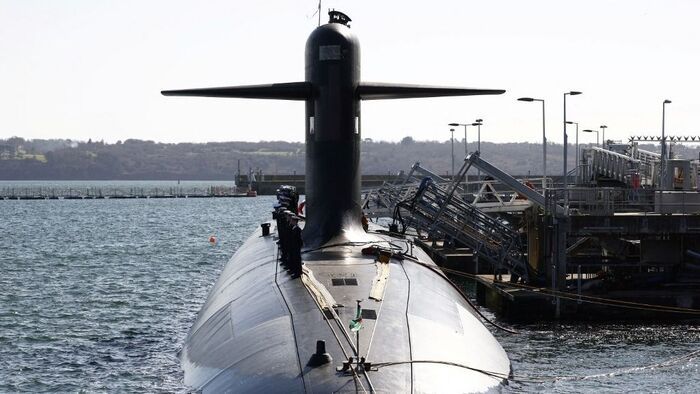

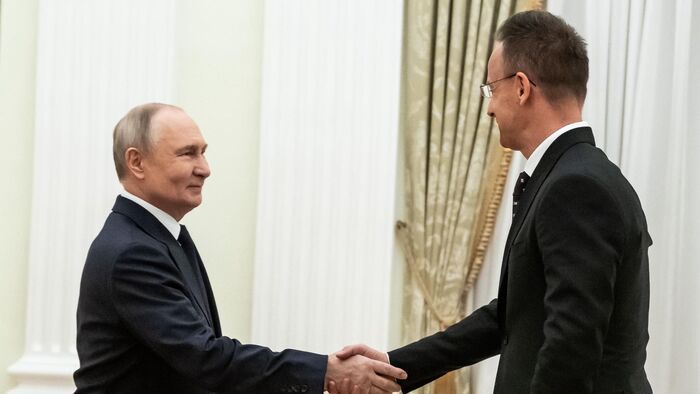





Szóljon hozzá!
Jelenleg csak a hozzászólások egy kis részét látja. Hozzászóláshoz és a további kommentek megtekintéséhez lépjen be, vagy regisztráljon!